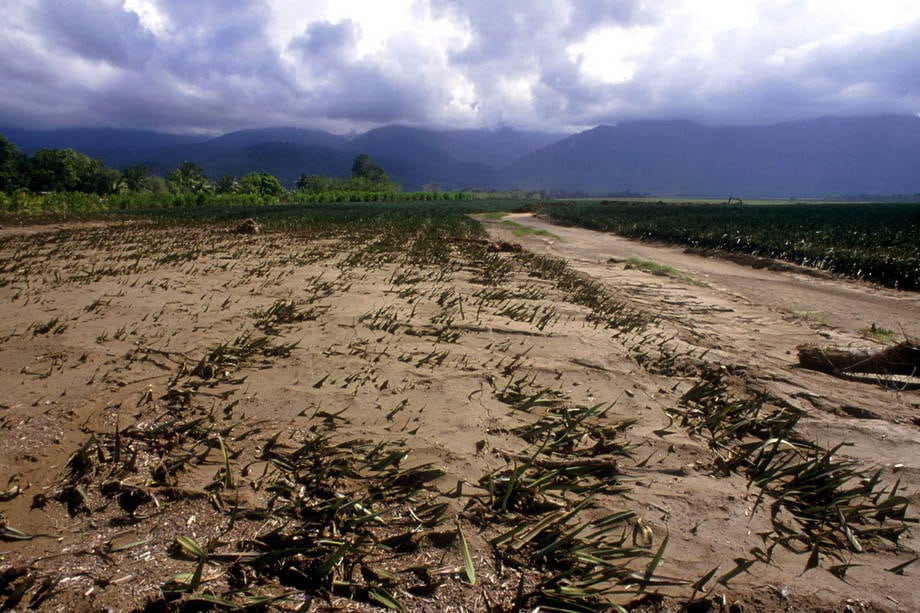Food Security And Its Importance In Context Of Pakistan

Food security refers to the availability, accessibility, and affordability of food for all individuals in a given country or region. It is a critical issue for national security, as a lack of access to sufficient and nutritious food can lead to social unrest, political instability, and economic decline. The Food and Agriculture Organization of the United Nations (FAO) defines food security as “a situation that exists when all people, at all times, have physical, social, and economic access to sufficient, safe, and nutritious food that meets their dietary needs and food preferences for an active and healthy life. The World Health Organization (WHO) defines food security as “a state where all people, at all times, have access to sufficient, safe, nutritious food to maintain a healthy and active life.” The United States Department of Agriculture (USDA) defines food security as “access by all people at all times to enough food for an active, healthy life.” The International Food Policy Research Institute (IFPRI) defines food security as “the ability of individuals, households, and communities to acquire adequate and nutritious food on a sustainable basis.” In summary, food security is about ensuring that all individuals or populations have access to enough safe and nutritious food to meet their dietary needs for an active and healthy life.
In Pakistan, food security is a major concern, as the country has faced numerous challenges related to agriculture, climate change, and economic development. In this article, we will explore the importance of food security for national security in the context of Pakistan and the steps that can be taken to ensure that all citizens have access to adequate nutrition. Pakistan is a country with a large population and a significant proportion of its people living in poverty. According to the Food and Agriculture Organization (FAO), around 60% of the population in Pakistan is food insecure, meaning that they lack regular access to sufficient food. This is largely due to the country’s reliance on agriculture as a source of income and the effects of climate change on crop yields. In addition, economic factors such as inflation and unemployment also play a role in food insecurity in Pakistan.
 The importance of food security for national security cannot be overstated. A lack of access to food can lead to malnutrition, which can cause physical and cognitive impairment, especially in children. Malnutrition can lead to a weaker immune system, making individuals more vulnerable to disease, and can lead to increased healthcare costs. In addition, food insecurity can lead to social unrest, political instability, and economic decline. When people are hungry, they are more likely to engage in criminal activity or become politically radicalized.
The importance of food security for national security cannot be overstated. A lack of access to food can lead to malnutrition, which can cause physical and cognitive impairment, especially in children. Malnutrition can lead to a weaker immune system, making individuals more vulnerable to disease, and can lead to increased healthcare costs. In addition, food insecurity can lead to social unrest, political instability, and economic decline. When people are hungry, they are more likely to engage in criminal activity or become politically radicalized.
To ensure food security in Pakistan, there are several steps that can be taken. First and foremost, investment in agriculture is critical. The government can provide subsidies and other incentives for farmers to increase their crop yields and improve the quality of their crops. This can be done through research and development of new agricultural technologies, such as drought-resistant crops or improved irrigation methods. Additionally, the government can work to improve the infrastructure for transportation and storage of food, which can help reduce waste and improve access to food in remote areas.
Another important factor in food security is social protection programs. These programs, such as cash transfers or food subsidies, can help ensure that vulnerable populations have access to sufficient food. The government can also work to improve education and awareness about nutrition, so that individuals can make informed choices about their diets and improve their overall health.
Finally, addressing climate change is critical for food security in Pakistan. The country is already experiencing the effects of climate change, such as increased temperatures, droughts, and floods, which can have a significant impact on crop yields. By implementing measures to reduce greenhouse gas emissions and adapt to the changing climate, the country can help ensure that its citizens have access to sufficient and nutritious food for years to come.
In conclusion, food security is critical for national security in Pakistan. Without adequate access to food, the country risks social unrest, political instability, and economic decline. By investing in agriculture, improving infrastructure, providing social protection programs, and addressing climate change, the government can work to ensure that all citizens have access to sufficient and nutritious food. This will not only improve the health and wellbeing of the population but will also contribute to the overall stability and prosperity of the country.